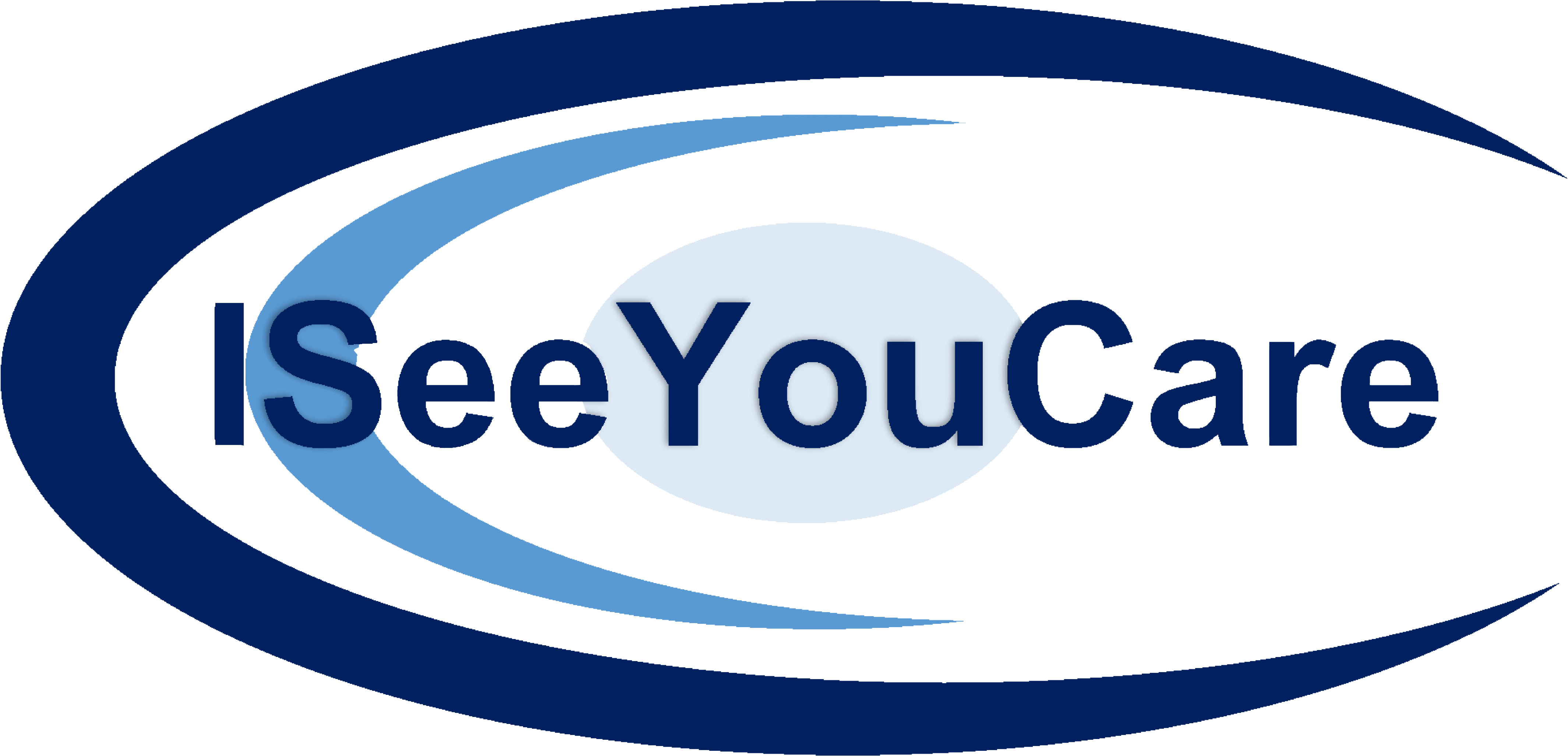Medical practices are trying to find ways to increase revenues. With the challenges of reimbursement rates, overhead required to fulfill quality metrics and reporting, appointment cancellations, liability insurance increases… the list goes on and on. Consequently, medical practitioners should look to Chronic Care Management (CCM) as a method of increasing recurring revenue.
Chronic care management encompasses the oversight and education activities conducted by health care professionals to help patients with chronic diseases and health conditions such as diabetes, high blood pressure, lupus, multiple sclerosis and sleep apnea learn to understand their condition and live successfully with it. This term is equivalent to disease management for chronic conditions. The work involves motivating patients to persist in necessary therapies and interventions and helping them to achieve an ongoing, reasonable quality of life.
Chronic Care Management
Healthcare organizations are striving to get a handle on chronic care management. 86% of healthcare costs involve patients with one or more chronic care conditions. Most noteworthy, Medicare offers CPT Code 99490 for providers who proactively manage their patients with chronic care conditions. ISeeYouCare’s platform can be used by you to manage these patients. As a result, this increases your revenue stream and improves patient retention.
Also, if staffing is a concern, our care delivery team can augment your staff and act as a force-multiplier for your organization. we can provide CCM management services for your patients, taking the work out of your hands. We pay you a portion for each patient enrolled.
The Opportunity
Let’s assume a family practitioner has 3,279 patients (national average). Of this population, 716 (21.85%) are covered by Medicare. Of those, 68.6%, or 491, will have two or more chronic conditions. This qualifies them for the program, which pays $43.66 per month per patient. That brings in an additional $257,244 annually. It would take less than two full-time caregivers to fulfill the requirements of the program. This yields a significant ROI to each medical practitioner. Additionally, practices with multiple caregivers can see greater benefits. These practices can share resources and gain efficiency.
Contact us for more information about CCM.

